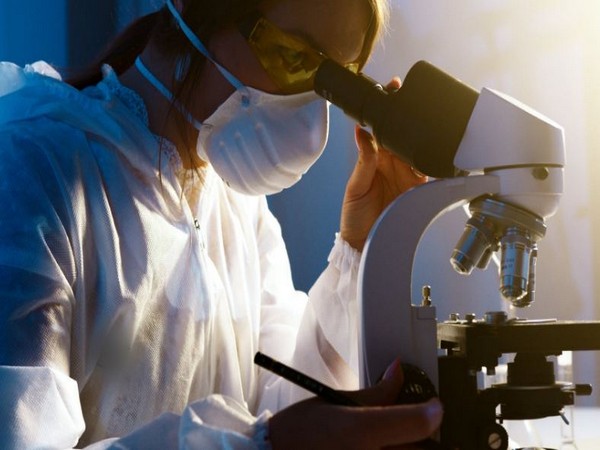How COVID damages heart found, may lead to new treatments

- Country:
- Australia
Researchers have discovered how COVID-19 infection damages the heart tissue, paving the way for better treatments for the condition.
The study conducted on a small group of people found that COVID-19 damaged the DNA in heart tissue, which was not detected in influenza samples.
The researchers noted that while COVID-19 and influenza are both severe respiratory viruses, they appeared to affect cardiac tissue very differently.
''In comparison to the 2009 flu pandemic, COVID has led to more severe and long-term cardiovascular disease but what was causing that at a molecular level was not known,'' said Arutha Kulasinghe from the University of Queensland, Australia.
''During our study, we couldn't detect viral particles in the cardiac tissues of COVID-19 patients, but what we found was tissue changes associated with DNA damage and repair,'' Kulasinghe said.
DNA damage and repair mechanisms are related to chronic diseases such as diabetes, cancer, atherosclerosis and neurodegenerative disorders, so understanding why this is happening in COVID-19 patients is important, the researchers said.
Data associated with the impact of COVID-19 on the heart has previously been limited to blood biomarkers and physiological measurement, as obtaining heart biopsy samples is invasive.
The study, recently published in the journal Immunology, used actual cardiac tissues collected during autopsies from seven COVID-19 patients from Brazil, two people who died from influenza and six control patients.
The findings provided insights into how COVID-19 impacted the body compared to other respiratory viruses.
''When we looked at the influenza cardiac tissue samples, we identified that it caused excess inflammation,'' said Professor John Fraser, who established the international COVID-19 Critical Care Consortium.
''Whereas we found COVID-19 attacked the heart's DNA -- probably directly and not just as a knock-on from inflammation,'' Fraser said.
The study highlights that the two viruses appear to affect cardiac tissue very differently, which the resaerchers want to get a better understanding of in larger cohort studies.
''What we have categorically shown is that COVID is not 'just like the flu','' said Fraser.
''This study helps us understand how COVID-19 affects that heart, and that is the first step in working out what treatments might be best to repair that heart,'' he added.
(This story has not been edited by Devdiscourse staff and is auto-generated from a syndicated feed.)
ALSO READ
Viral Video Misleads with False COVID-19 Fourth Wave Prediction
Hospital Ordered to Compensate for Unnecessary Covid-19 Treatment
Northeast Frontier Railway Restores Pre-COVID Train Numbers
China's Call for Global Collaboration on COVID-19 Origins
WHO continues to urge China to share data five years after COVID-19










